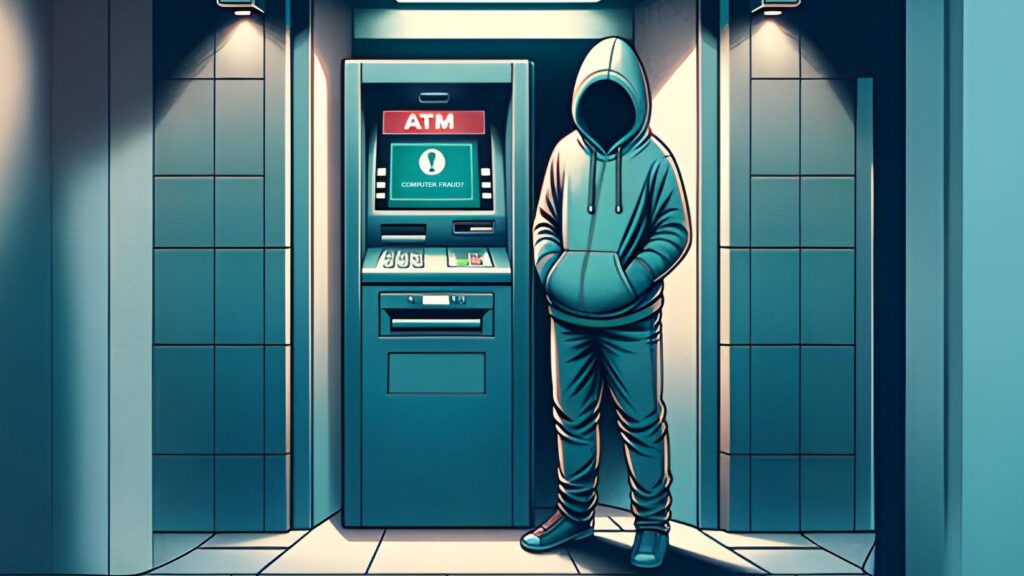Can one be liable for computer fraud by depositing fake checks into an ATM?
internetcases » cases 2024-01-27

If a person uses an ATM to deposit fraudulent checks, is the person liable for computer fraud? A recent criminal case answers that question, at least as far as Virginia state law would address the situation.
Depositing checks
Defendant deposited four checks at an ATM. These checks were later identified as forgeries or linked to a closed account, leading to the bank losing around $937. Security footage confirmed defendant’s involvement. During subsequent police interrogation, defendant acknowledged depositing the checks but denied knowing the man on whose account they were drawn, or the checks’ origins. At trial, she claimed her stepfather had given them to her, and that she believed he had earned them from construction work. Her mother supported this claim. The man on whose account the checks were drawn denied writing the checks, suspecting they were stolen from his truck.
Convicted for computer fraud, but…
At trial, defendant was convicted of multiple offenses, including uttering forged checks, obtaining money by false pretenses, computer fraud (under Virginia Code § 18.2-152.3), and failure to appear, resulting in a lengthy prison sentence. On appeal, a three-judge panel reversed her conviction for computer fraud, finding the evidence insufficient to show that the she acted “without authority” in using the ATM do deposit the checks.
The appellate court saw it differently
The government asked the court to reconsider the question en banc (i.e., with the full court, not just the three judge panel). The full court likewise determined the conviction for computer fraud should be reversed.
The court held that the term “without authority” in the statute specifically pertained to the use of a computer or network, not necessarily the intent or outcome of such use. It concluded that defendant, as a bank customer, had the right to use the ATM. Her actions, albeit for fraudulent purposes, did not equate to using the ATM without authority. Accordingly, the court reversed her conviction for computer fraud, differentiating between the unlawful purpose of an action and the unauthorized use of a computer or network as defined by the statute.
Wallace v. Commonwealth, — S.E.2d —, 2024 WL 236297 (Ct. App. Va., January 23, 2024) [Link to Opinion]
See also: